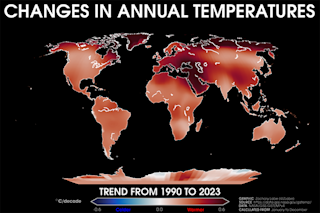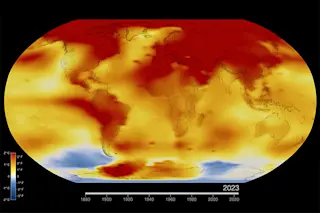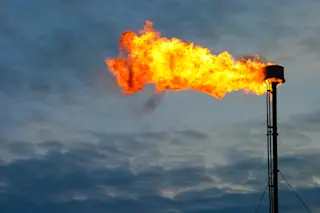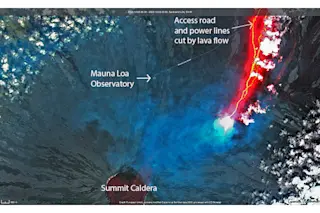Ask and you shall not receive: The Environmental Protection Agency has refused a request by Texas Gov. Perry to temporarily suspend the rules that require a minimum amount of ethanol to be mixed into U.S. gasoline. In April, the governor asked the EPA to halve this year's ethanol requirement for the nation from 9 billion gallons to 4.5 billion. Perry said the waiver was needed because rising U.S. ethanol output is inflating corn prices, wreaking havoc on the state's massive livestock industry and boosting grocery bills for American families. But on Thursday, EPA Administrator Stephen Johnson said Perry's request had not proved the Renewable Fuel Standard, which sets ethanol quotas, is causing "severe economic harm," a requirement needed to justify a waiver [Houston Chronicle]. Perry protested that the EPA's standard for "severe economic harm" was bureaucratic nonsense. But even if the EPA cut back on ethanol requirements, it might not ...
EPA Nixes Governor's Request to Lower Ethanol Mandate
The EPA declines to lower the ethanol requirement for gasoline, impacting corn prices and the livestock industry. Learn more.
More on Discover
Stay Curious
SubscribeTo The Magazine
Save up to 40% off the cover price when you subscribe to Discover magazine.
Subscribe












